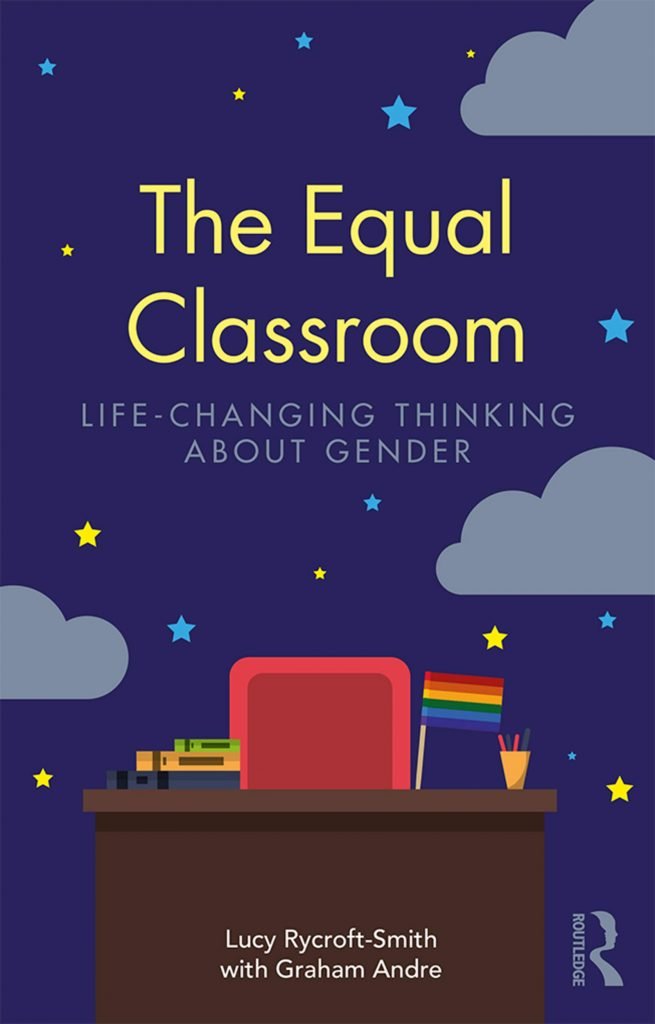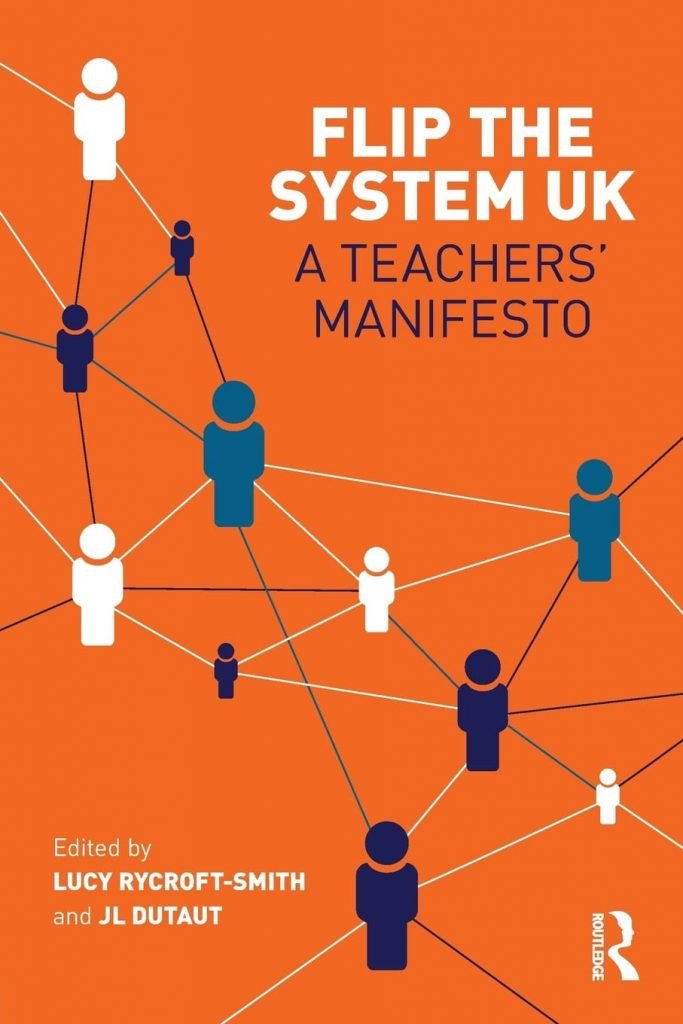Writing
Books
The Equal Classroom
Life-Changing Thinking About Gender
What does it feel like to be gay, trans or non-binary at school?
How unbiased, safe and inclusive are our teachers, our schools and our systems, and what can we do about it?
The time is ripe for a re-think, and the issues are pressing. Our pupils are grappling with challenges around gender and sexuality, and they need our well-informed support. Providing evidence, prompts and the space to explore the implications, restrictions and constructs of gender, this book is here to help every teacher reflect on issues around gender roles and expectations in their class.
In this challenging and potent book, experts, academics and campaigners join forces to contribute important perspectives to complement Rycroft-Smith’s own accessible and often provocative explanations of many facets of gender and sexuality, including media, literature, toys, clothing, sexism, expectations, sexuality, gender roles, harassment and consent. Humour and anecdotes are thoughtfully intertwined with fascinating insights into biological and cultural perspectives and societal norms, highlighting why it’s so vital to teach pupils about gender issues, as well as modelling consent, good quality relationships and tolerance to children at all ages and stages of their school career.
Providing clear, practical policy recommendations in an accessible and engaging way, The Equal Classroom is an essential read for any teacher or education professional who wants to ensure their school is a place where all pupils feel truly welcome and able to flourish, comfortable and safe in their emerging identities.
Flip The System UK
How did we let teacher burn-out happen, and what can we do about it – before it’s too late?
This brave and disruptive book accurately defines the problems of low teacher morale and offers systemic, future-proof and realistic solutions to bringing hope, energy and joy back to the profession. The simple answer is staring us in the face: increase teacher agency. Our rallying cry: our profession needs a return to values of humanity, pride, and professionalism.
From research literacy to a collective voice, better CPD to smarter accountability, contributors to this book demonstrate the huge scope for increased teacher influence at every level of the education sector. Education voices including Sam Twiselton, Alison Peacock, David Weston and Andy Hargreaves, supported by a broad range of academics and policy makers, vouch for increased teacher agency and stronger, more powerful networks as a means of improving practice, combatting teacher disillusionment, and radically improving UK education. This text offers an exciting and hopeful perspective on education; urging teachers to work together to ‘flip the system’ and challenging policy makers to help… or get out of the way.
Chapters have been contributed by Tom Bennett, Peter Ford, Jonathan Firth, David Weston, David Williams, Zeba Clarke, Julie Smith, Dr Robert Loe, Jeremy Pattle, Debra Kidd, Steven Watson, Ross Morrison McGill, George Gilchrist, Howard Stevenson, Professor Dame Alison Peacock, d’Reen Struthers, Phil Wood, Rae Snape, Simon Gibbs, Ross Hall, Jackie Ward, Simon Knight, David Frost, Sheila Ball, Sarah Lightfoot, Andy Hargreaves, Darren Macey, Gary Farrell, Julian Critchley, Tony Gallagher, Gareth Alcott, Sam Twiselton, Jelmer Evers, Alma Harris, Michelle Jones, Natalie Scott, Deborah M. Netolicky, Jon Andrews, Cameron Paterson, Per Kornhall, Joe Hallgarten, Tom Beresford and Sara Hjelm.
Articles
- Rycroft-Smith, L., & Crisp, B. (2021). Thinking more creatively about maths assessment. Impact; Chartered College of Teaching.
- Rycroft-Smith, L. (2022). Knowledge brokering to bridge the research-practice gap in education: Where are we now? Review of Education, 10(1), e3341.,
- Macey, D., & Rycroft-Smith, L. (2022.). The Keys to the Kingdom: Why We Can’t Ignore Assessment if We Care About Real Improvement in the Teaching and Learning of Statistics. Bridging the Gap: Empowering and Educating Today’s Learners in Statistics. Proceedings of the Eleventh International Conference on Teaching Statistics.
- Rycroft-Smith, L. & Gould, T. (2022). “And then you just arrive at zero again”: Ways that representations of the number line in board games may support or impede a sense of number In R. Marks (Ed.), Proceedings of the British Society for Research into Learning Mathematics 42 (1). BSRLM.
- Rycroft-Smith, L. (2023). Conceptions and consequences of mathematical argumentation, justification, and proof. Research in Mathematics Education, 0(0), 1–7. https://doi.org/10.1080/14794802.2023.2165537
- Rycroft-Smith, L., Müller, D., Chiodo, M., & Macey, D. (2024). A Useful Ethics Framework for Mathematics Teachers. In P. Ernest (Ed.), Ethics and Mathematics Education: The Good, the Bad and the Ugly (pp. 359–394). Springer Nature Switzerland.
- Rycroft-Smith, L., & Watson, F. (2024). The big picture: Designing infographics in mathematics education. Proceedings of the British Society for Research into Learning Mathematics, 44.
- Rycroft-Smith, L., & Macey, D. (2024). Using AI for question generation in mathematics education: What are the advantages and disadvantages? In T. Fujita (Ed.), Proceedings of the British Society for Research into Learning Mathematics March 2024: Vol. 44 (1).
- Macey, D. & Rycroft-Smith, L. (in press) Developing guidelines for assessment and resource design in mathematics education to support equity, diversity, inclusion and belonging. Educational Designer.
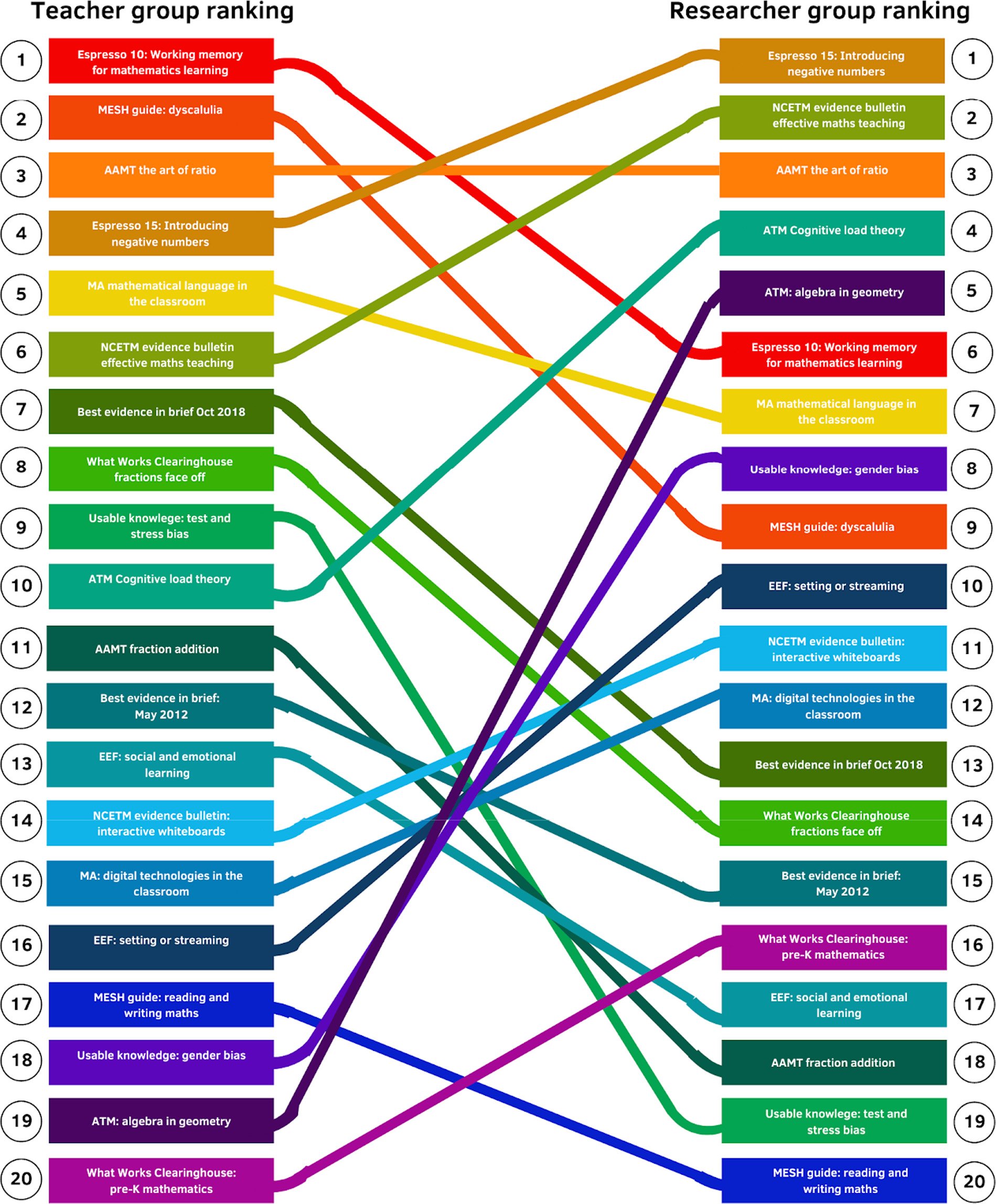
What makes a good educational research summary? A comparative judgement study of mathematics teachers' and mathematics education researchers' views
February 2022
Lucy Rycroft-Smith, Andreas J. Stylianides
The field of knowledge brokering in education—aiming to better connect research to practice—is currently emerging. Evidence of a community dissonance between researchers and practitioners in education suggests that models of knowledge brokering that consider the perspectives and priorities of both groups are required. It is also a priority to identify what kinds of knowledge brokering products such as research summaries are successful at communicating research to teachers, potentially functioning as boundary objects. We report findings from a comparative judgement study where a group of 28 mathematics teachers and a group of 19 mathematics education researchers ranked twenty research summaries, from different sources, in terms of their success at communicating the research to teachers, and explained which features contributed to this ranking.
View paper
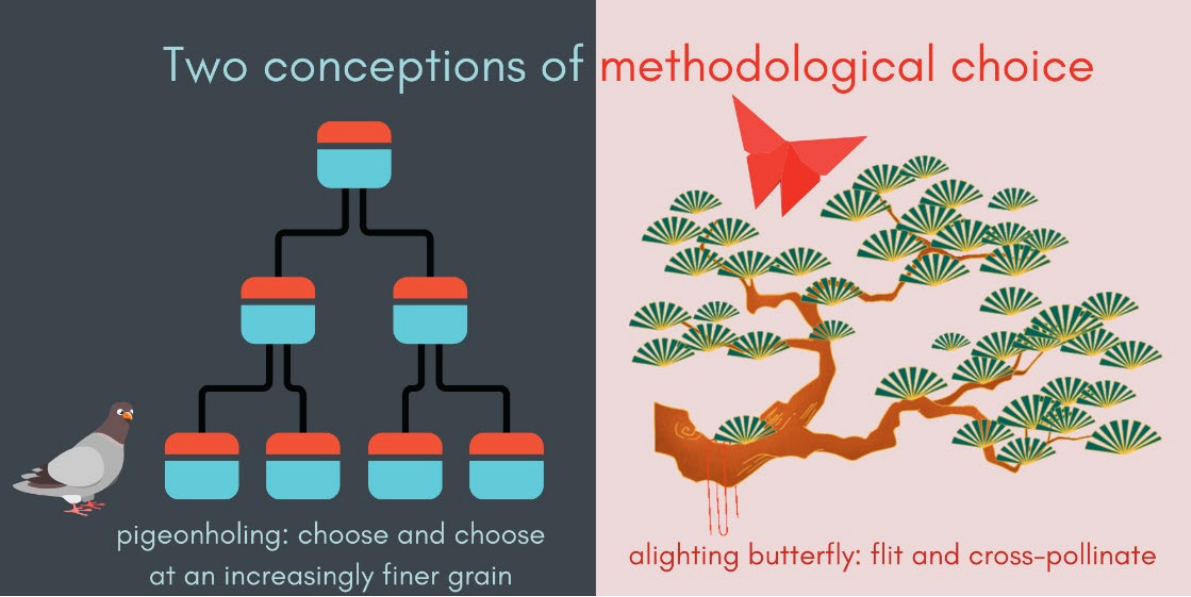
White and black: the personal politics of research methodologies
January 2022
Darren Macey, Lucy Rycroft-Smith
Engaging in research, in particular choosing methodologies, is a deeply personal act that reveals truths about the world of the researcher even as the researcher seeks to reveal new truths about the world. These choices are not neutral; and neither are they merely practical, but rooted in our alignments, our identities, and our research communities. Just as they can locate us as servants to a hegemonic paradigm or as subverters of norms, they can locate us at the core of communities, or on the boundaries of them. In this paper we explore some of the possible models which may support researcher dialogue around the ways in which we (may be seen to) position ourselves and our research and the potential implications of those choices.
View paper
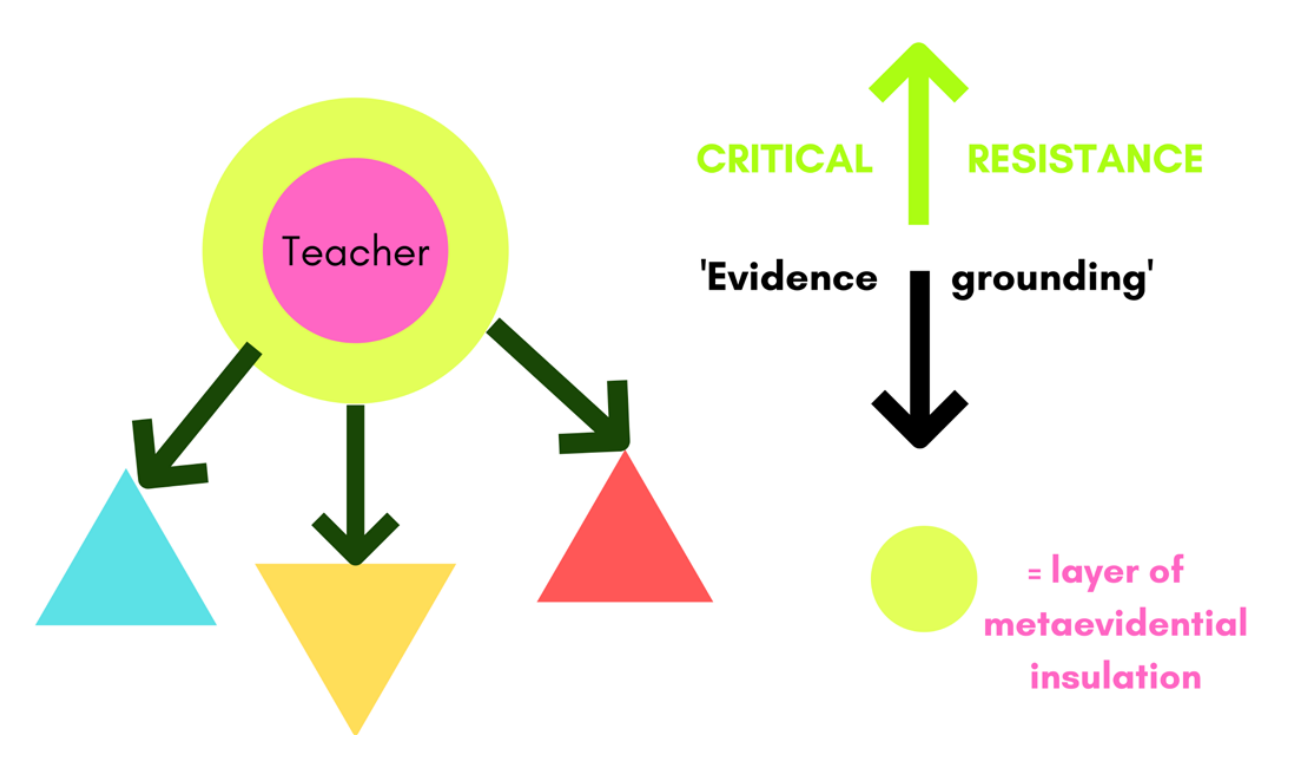
Deep questions of evidence and agency: How might we find ways to resolve tensions between teacher agency and the use of research evidence in mathematics education professional development?
January 2022
Darren Macey, Lucy Rycroft-Smith
We reviewed the literature around evidence-informed practice, teacher agency, and professional development for mathematics teachers, using a conceptual saturation approach to identify tensions around the contested nature of evidence and possible rights and responsibilities of 'evidence-informed' professional development. We found that narrow definitions of evidence and its 'implementation' may be used to create a powerful orthodoxy around research in practice, reducing teacher agency and resisting alternative discourse. We propose accepting a wide definition of 'evidence-informed practice' in order to reduce tensions between research use and devaluing other types of knowledge, and conclude with the need for good quality mathematics education professional development to provide teachers with metaevidential insulation and critical resistance by attending to the nature of evidence as well as merely interpreting it.
View paper
